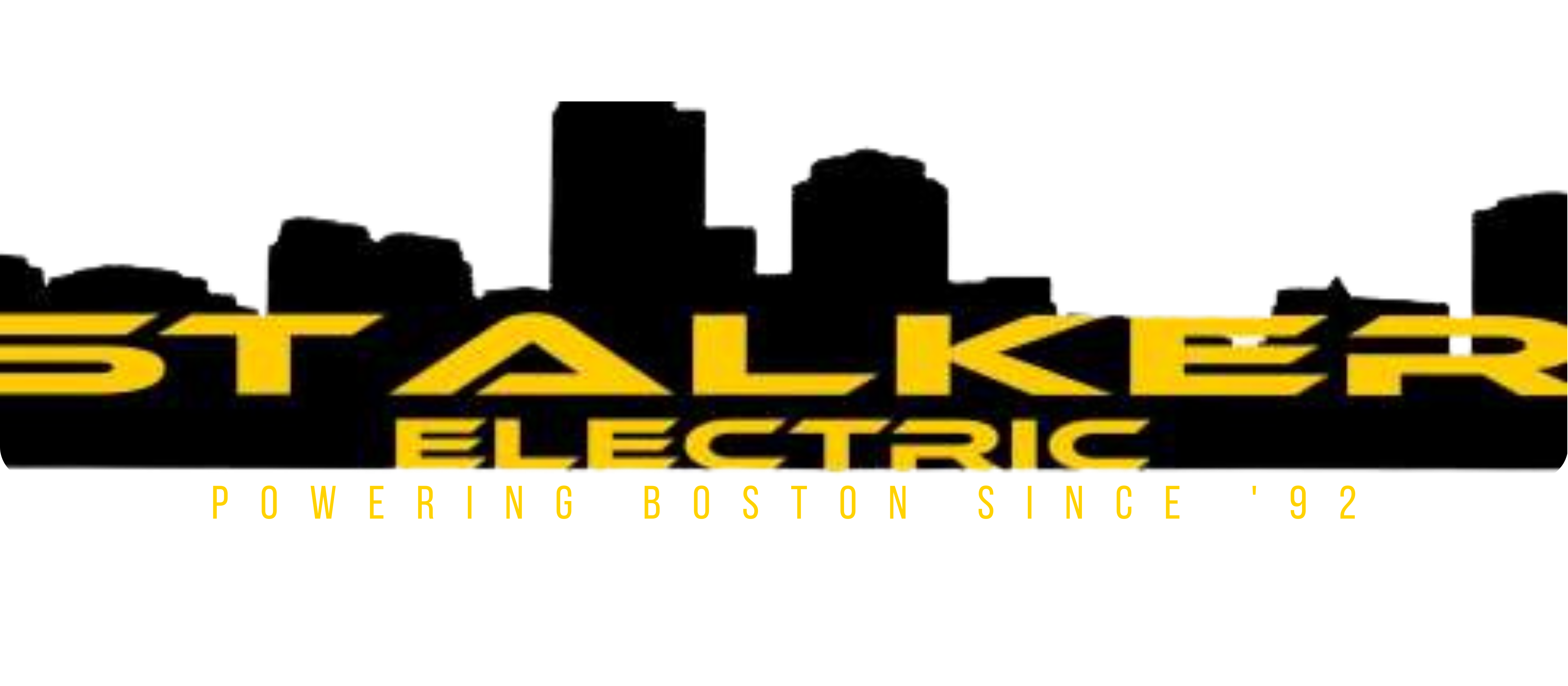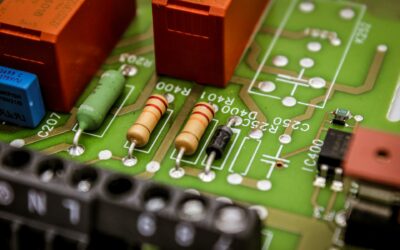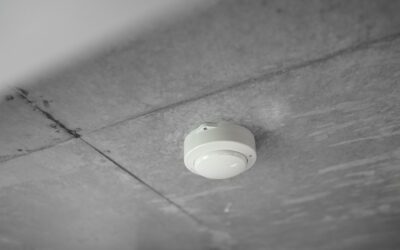Understanding the differences between AC and DC control systems is essential for anyone working with electrical systems. These two types of systems function differently and are used for various purposes. Whether you’re involved in commercial, industrial, or residential properties, knowing how these systems work can help you make better decisions for your electrical needs.
AC control systems use alternating current, where the flow of electricity changes direction periodically. On the other hand, DC control systems use direct current, where the flow of electricity stays constant in one direction. Each system has its own set of applications, benefits, and drawbacks, making it crucial to understand which one is best suited for your specific needs.
By diving into the basics and key differences of these control systems, you can get a clear picture of their applications and advantages. This knowledge allows you to choose the right system for your projects, ensuring efficiency and safety in your electrical setups.
Understanding AC and DC Control Systems: A Basic Overview
AC and DC control systems are essential in managing and directing the flow of electrical power. AC stands for Alternating Current, which means the current changes direction periodically. DC stands for Direct Current, which means the current flows in one direction continuously. Both types of systems have unique characteristics that make them suitable for different applications.
Alternating Current (AC) is commonly used in households and businesses due to its ability to travel long distances without significant loss of power. AC systems are typically found in lighting, heating, and large appliances. The voltage in AC systems can be easily transformed, allowing it to be distributed efficiently from power plants to various locations.
Direct Current (DC) is often used in electronics and battery-powered devices. DC systems are found in applications where a constant, stable voltage is needed, such as in computers, LED lighting, and electric vehicles. DC power is usually more suitable for low-voltage items and shorter distances.
Key Differences Between AC and DC Control Systems
There are several key differences between AC and DC control systems that impact their use and functionality:
- Current Flow: In AC systems, the current alternates direction, while in DC systems, the current flows in one steady direction.
- Voltage Transformation: AC systems allow for voltage levels to be easily increased or decreased using transformers, which is not as simple in DC systems.
- Power Efficiency: AC is more efficient for transmitting power over long distances as it experiences less energy loss compared to DC.
- Applications: AC is typically used for general home and industrial power supplies, while DC is commonly used in battery-powered items and electronic devices.
- Waveforms: AC current produces a sinusoidal waveform, whereas DC current generates a straight line, denoting constant flow.
These differences define where and how each type of system is used. Understanding these can help in making informed decisions on which system to implement for specific needs. With this knowledge, you can better design, install, and maintain electrical control systems that meet your requirements effectively.
Applications: Where to Use AC vs. DC Control Systems
Different applications call for AC (alternating current) or DC (direct current) control systems based on their unique requirements and performance characteristics. AC control systems are commonly used in applications where large-scale power transmission is necessary, such as in residential and commercial buildings. They’re ideal for powering household appliances, lighting, and HVAC systems. AC systems are compatible with grid electricity, making them a practical choice for most home and business uses.
DC control systems, on the other hand, excel in applications that require precise control and efficiency. These systems are often found in automotive, electronics, and renewable energy applications. For example, DC is used in electric vehicles, battery storage systems, and solar power installations. DC systems are preferred in these settings because they provide stable and reliable performance with less energy loss compared to AC systems.
Advantages and Disadvantages of AC and DC Control Systems
Each type of control system has its own set of advantages and disadvantages. AC control systems are advantageous because they are easy to transform between different voltage levels, making power distribution over long distances more efficient. They are also generally more cost-effective due to widespread infrastructure and compatibility with existing electrical grids. However, AC systems can be less efficient for specific applications that require low power or precise control.
DC control systems offer higher efficiency in low voltage applications and are easier to integrate with renewable energy sources. They provide better control for devices like motors and are ideal for applications requiring constant voltage. The main disadvantage of DC systems is the complexity and cost involved in converting AC power (from the grid) to DC power.
Additionally, DC systems can be more challenging to maintain due to the need for specialized components and knowledge.
A Guide to Understanding AC and DC Control Systems
Choosing between AC and DC control systems depends on the specific requirements of your application. Both systems have unique strengths and limitations, making them suitable for different scenarios. Understanding where each system excels helps in making informed decisions that ensure efficiency and reliability.
By considering the unique needs of your project, whether it’s for a home, business, or industrial setting, you can determine the most suitable control system. This choice plays a significant role in the system’s overall performance and cost-effectiveness.
For expert advice and professional installation of your electrical systems, contact Stalker Electric today. Our team specializes in both AC and DC control systems, ensuring you get the best solution tailored to your specific needs.






0 Comments